8 Red-Hot Internet Of Things Startups That Landed Funding This Summer

IoT Investments
As hype around the Internet of Things continues to grow, venture capitalists are digging into the IoT opportunity by investing in a slew of startups.
Funding for IoT startups is at an all-time high -- the level of funding reached $846 million in financing in the first quarter of 2016, up from $680 million in the year-ago quarter, according to a report by market research firm CB Insights.
Already, since May, at least eight big Internet of Things startups have landed funding from active IoT investors, such as Cisco Systems, Intel Capital and Qualcomm Ventures. Following are the companies, their investors, and what the startups specialize in.
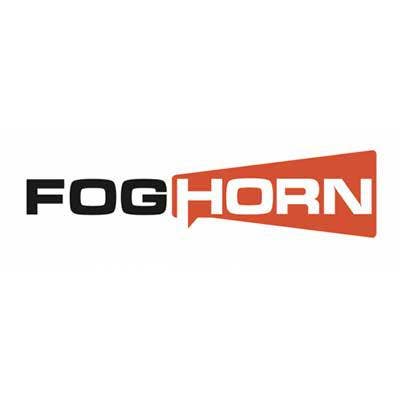
FogHorn Systems
FogHorn Systems, which develops "edge intelligence" software for industrial and commercial Internet of Things applications, in July said it has secured $12 million in Series A funding.
The funding was led by March Capital and GE Ventures, while additional funding was provided by Robert Bosch Venture Capital GmbH, Yokogawa Electric Corporation and Darling Ventures.
Mountain View, Calif.-based FogHorn's software platform enables real-time analytics, machine-learning models and edge computing applications – so customers in the industrial segment can operate more efficiently and detect anomalous conditions in their automated machines faster. The platform also lowers cloud-related bandwidth costs by refocusing the role of the cloud to specific functions, such as application portability.
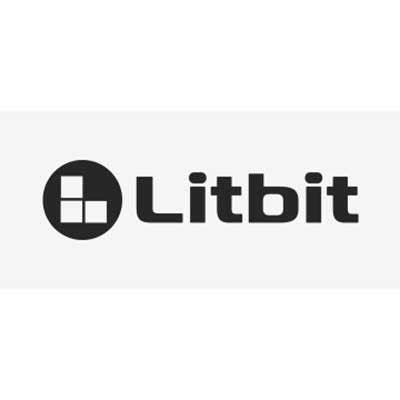
LitBit
LitBit in May saidit has secured a $7 million funding Series A round. The funding round, which follows two seed rounds earlier in the year, was led by Storm Ventures, with Illuminate Ventures, Correlation Ventures and Yang's AME Cloud Ventures also investing.
San Jose, Calif.-based LitBit aims to integrate older systems with smart devices that are already connected to the Internet of Things with its RhythmOS software. This operating system translates system languages into a more universally understood computer language – allowing clients to build apps so systems can work together smoothly.
The company is led by Scott Notebook, a data center veteran who formerly worked at Yahoo and Apple.
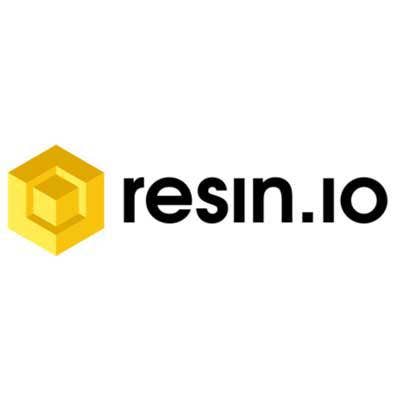
Resin.io
Seattle-based Resin.io said in June it has received $9 million in funding from Aspect Ventures, DFJ, GE Ventures and Ericsson. Resin.io's platform is based on a simple motto: "Every IoT project is a software project."
This platform uses Linux containers and other open-source technologies to simplify how developers can build, deploy and manage software for Internet of Things devices,
The company said it intends to use the funds to expand its product presence, grow its open-source community, and broaden its global reach through new strategic partnerships and channels.

Findo.io
Findo.io in July said it has raised $4 million in funding - $3 million in Series Seed 2 investments from Flint Capital and $1 million in co-investments from "several well-known Silicon Valley Angels."
Menlo Park, Calif.-based Findo.io approaches the Internet of Things from an artificial intelligence standpoint. The company in June launched a new smart search engine that uses artificial intelligence to revolutionize how people manage their personal data and content. This month Findo.io also unveiled Predictive Insights, an AI tool to address information overload.
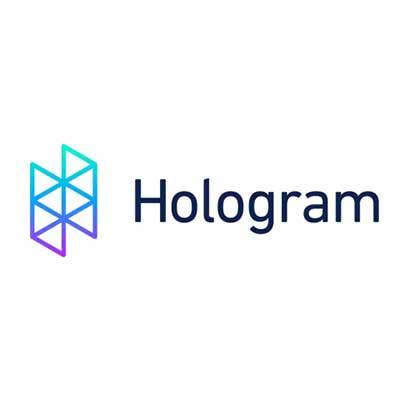
Hologram
Chicago-based Hologram announced $4.8 million in Series A funding led by Drive Capital in May.
The company, which will use the funding to grow its team and scale its cellular network, features a platform that is purpose-built for developing and deploying Internet of Things products – as opposed to legacy cellular connectivity solutions geared toward mobile phones.
The company says "tens of thousands of devices around the world" are using its cellular network, and thousands of customers are currently building on its platform.
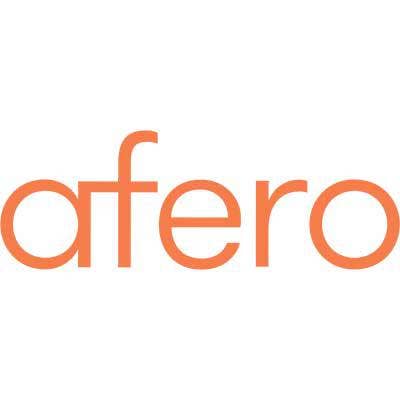
Afero
Los Altos, Calif.-based Afero, whose platform brings secure connectivity to IoT for enterprises and smart homes, announced in May it has completed a $20.3 million Series A financing round. The investment was led by Samsung Catalyst Fund.
Afero's platform addresses challenges that the IoT industry faces, including security and interoperability. It is built to power both the home and enterprise IoT market and has layers of security embedded throughout, including built-in authentication to the cloud.
Afero went live in December 2015 and unveiled partnerships with industry leaders Murata and Infocom.
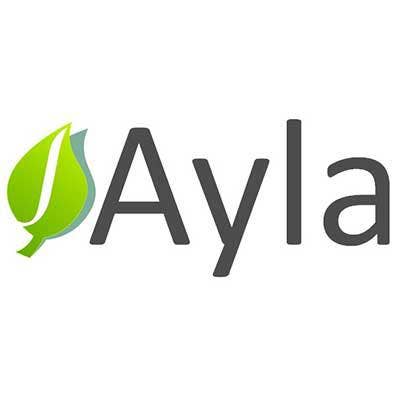
Ayla Networks
Santa Clara, Calif.-based Ayla Networks in June said it secured $39 million in Series C funding, led by design manufacturer 3NOD and Ants Capital.
Ayla Networks focuses on the smart home segment of IoT, including home appliances, water heaters, and home fire and safety products. As part of the funding, Ayla plans to expand abroad, building on the company's move to Japan and new offices in Taiwan.
"Ayla is fast becoming one of the leading IoT platforms for OEMs that are manufacturing and shipping IoT products globally," said David Friedman, CEO and co-founder of Ayla Networks, in a statement. "With IoT clouds operating in multiple regions worldwide, and with major customers continuing to expand their Ayla-powered IoT product lines, Ayla believes that the ’when' of the IoT is right now—and that Ayla Networks is well positioned to help manufacturers take advantage of the growing market for connected products."
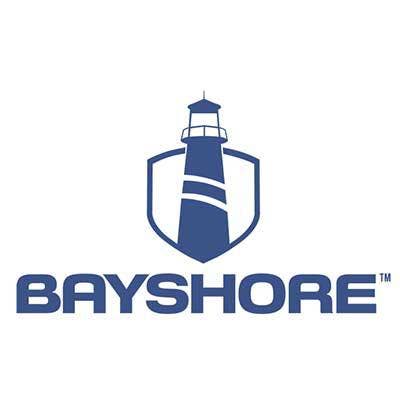
Bayshore Networks
IoT security startup Bayshore Networks in May announced it has raised $6.6 million in Series A funding from Trident Capital Cybersecurity and its existing angel investors.
The company provides cloud-based software to help protect industrial enterprises against internet-based cyberattacks. Bayshore's cloud-based software, called the Bayshore IT/OT Gateway, provides IT departments with visibility into operational technology infrastructure, networks, applications, machines and workers.
"Bayshore intends to capitalize on the rapid expansion of the market by continuing to focus on solving our customers' problems," said Mike Danger, CEO of Bayshore.